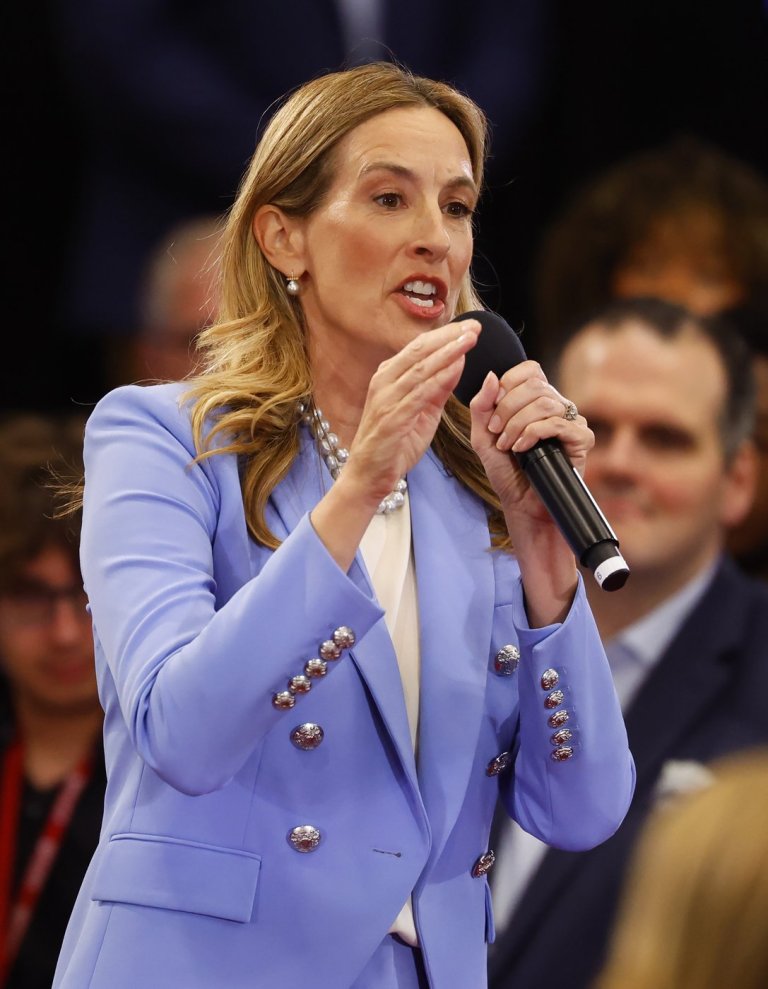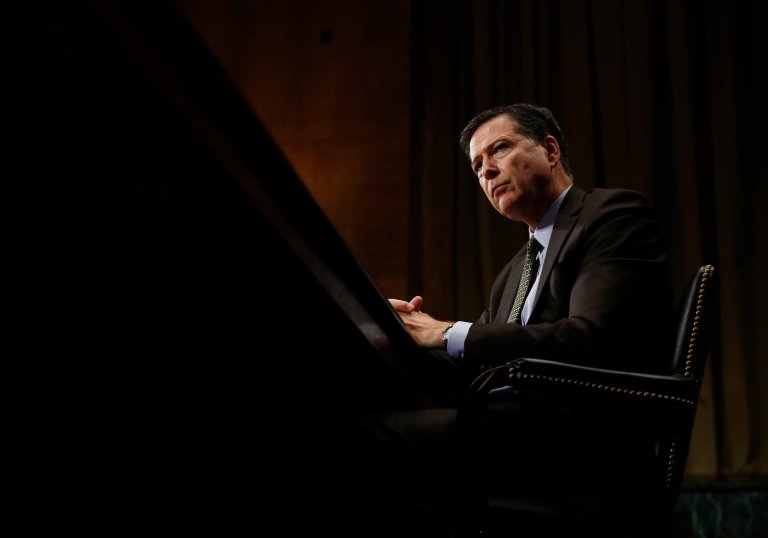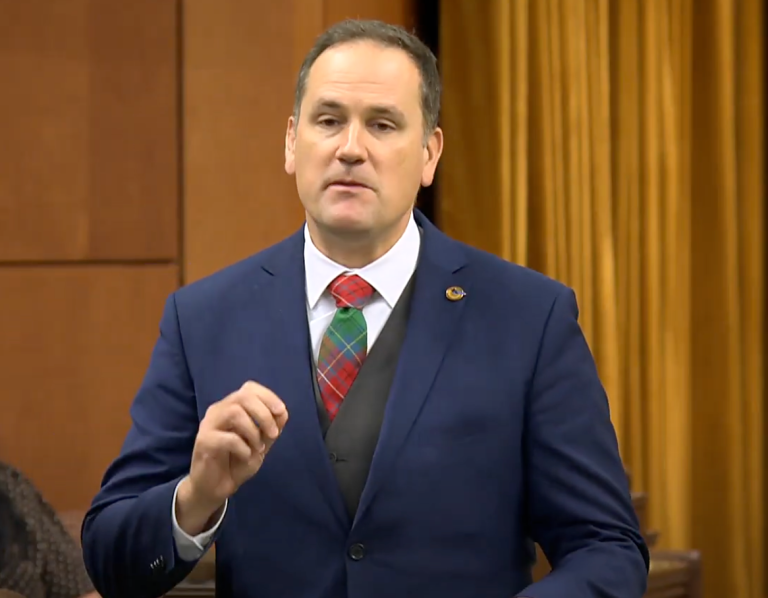
Talks to resume between B.C. government and its public service union
VICTORIA — Negotiations will resume Monday between the union representing British Columbia’s public service workers and the province, but picket lines in front of government offices and liquor stores will remain up.
Paul Finch, president of the BC General Employees’ Union, told a rally in front the Royal B.C. Museum on Friday that the government reached out to the union saying it had an “enhanced” offer to present.
He said he wanted to go back to talks over the weekend, but the earliest the employer could start was Monday.
“My message to the premier is very simple: let’s end this. Come to the table with the real deal. Let’s get this done.”
Premier David Eby told reporters after speaking to delegates at the Union of B.C. Municipalities convention in Victoria that he’s glad both sides are going back to talks, but noted the province’s “financial situation is strained.”
“We can’t provide the kind of agreement that we provided last time under Premier (John) Horgan to the BCGEU,” said Eby, “And so, we’ve got to sit down, we’ve got to be creative and find ways to support those workers who are really struggling with the cost of daily life.”
BCGEU reached a three-year agreement with the province in September 2022 during Horgan’s tenure, giving workers a 3.24 per cent wage increase the first year, 5.5 per cent in the second and 2 per cent in the third year. The agreement also included costs of living adjustments in the last two years.
Eby said the province will “work hard” at the bargaining table.
“We will definitely be engaging in a back-and-forth at the table with the BCGEU, and I look forward to that conversation,” said Eby.
The union has been escalating its strike action over the past four weeks, with up to 15,000 workers taking part in everything from picketing to overtime bans.
About a third of the province’s liquor stores are behind picket lines along with the liquor and cannabis distribution branch warehouses in Richmond, Delta and Kamloops.
Finch said there has been unprecedented levels of inflation and the cost of living has gone up over the past decade but their wages haven’t kept pace.
“This is a crisis. This is a problem, and it should be no surprise that our members voted 93 per cent to authorize job action and to reject the government’s last offer,” Finch said.
The union has been asking for an 8.25 per cent wage increase over two years.
“A fair deal is one that respects the needs of our members, that addresses the concerns that we’ve articulated throughout this process. I won’t get into further details than that,” Finch said. “We’re going to respect the negotiation process. We’re here to bargain.”
Negotiations between the union and its employer broke off in July.
This report by The Canadian Press was first published Sept. 26, 2025.
Join the Conversation!
Want to share your thoughts, add context, or connect with others in your community?
You must be logged in to post a comment.



















